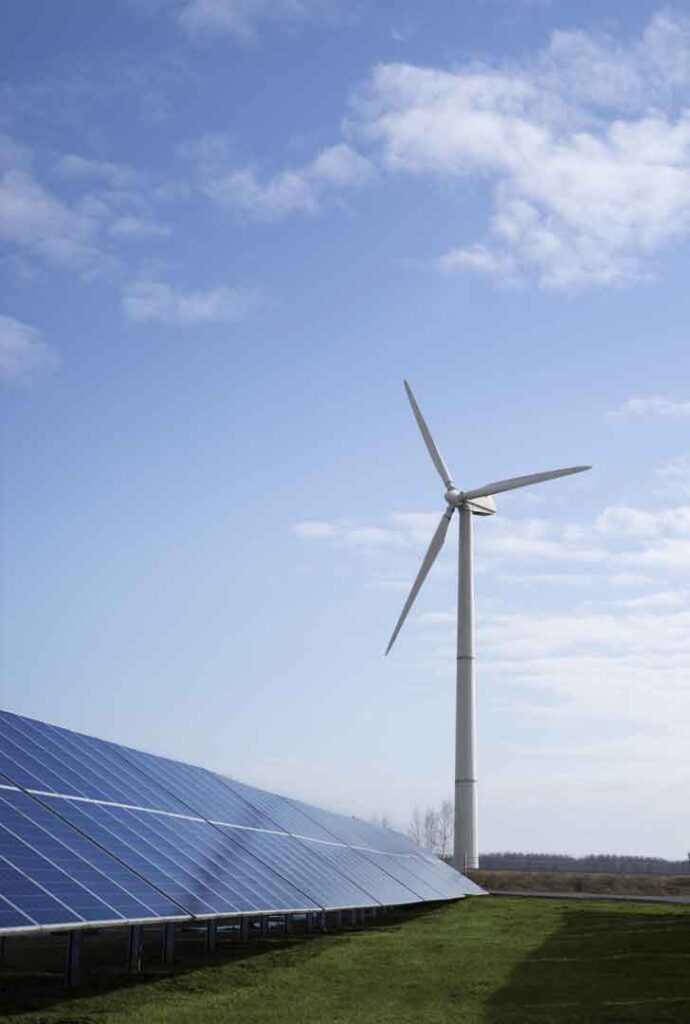GES (SOLAR ENERGY SYSTEMS)
Foundation Types:
Photovoltaic (PV) Systems:
- PV panels are systems that convert sunlight directly into electrical energy. When the sun's rays hit the panels, the semiconductor materials (usually silicon) inside the panel generate electricity.
- On-grid (Grid Connected Systems): Electricity generation is fed directly into the grid. When there is excess production, this energy can be sold to the grid. When energy is needed, energy is taken from the grid.
- Off-grid (Off-Grid Systems): These off-grid systems usually use batteries to store energy. They are especially preferred in rural or off-grid areas.
Solar Thermal Systems:
- These systems generate heat energy, such as water or air heating, using solar energy. With the help of solar collectors, energy from the sun is used for heating and hot water in homes or commercial buildings.
- Flat Panel Collectors: Panels that heat a liquid by absorbing sunlight. It is especially used in hot water production in houses.
- Concentrating Solar Power Systems (CSP): These are the systems that concentrate sunlight at a point to obtain high temperatures and use this energy to generate electricity. It is preferred in larger scale energy production facilities.


Solar Powered Hybrid Systems
- In addition to solar energy, these systems are used in combination with wind, diesel generators or other energy sources. They are especially used in regions where energy continuity must be ensured.
Sustainable Energy Source
Solar energy is an unlimited and renewable resource.
Environmentally Friendly
Unlike fossil fuels, solar energy produces no carbon emissions and does not harm the environment.
Savings in Energy Costs
Generating your own energy reduces electricity bills and makes you immune to rising energy prices.
